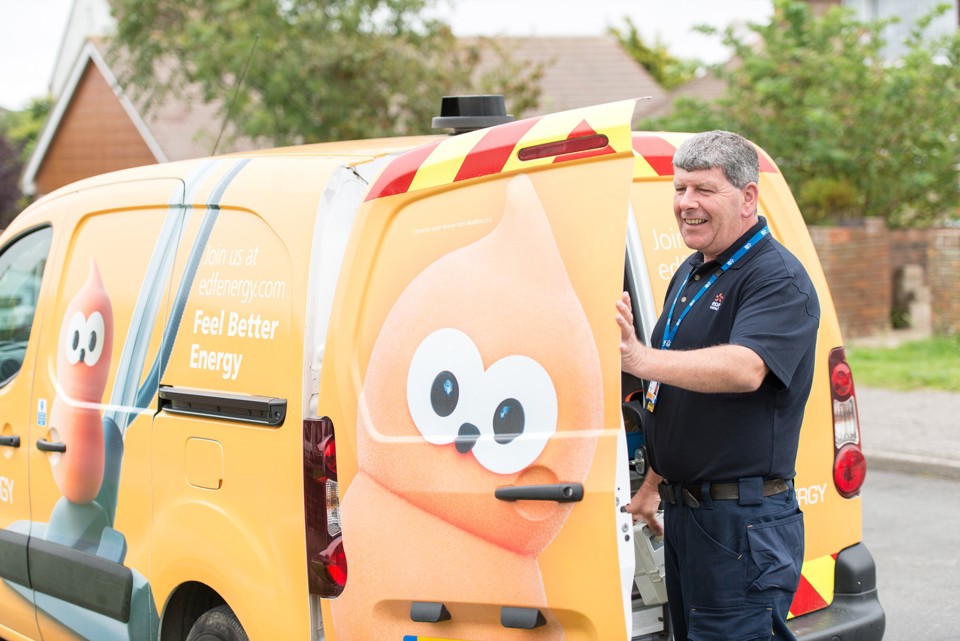Small businesses and electric vans have key roles to play in accelerating the widespread take-up of EVs, says EDF Energy.
The company has recently entered the electric vehicle sector and has launched a range of solutions for businesses, from back office to hardware.
It has also partnered with vehicle leasing companies to offer pure electric and hybrid vehicles.
During its time in the sector, EDF Energy has seen smaller businesses are more willing to adopt EVs, despite having more to lose.
Richard Hughes, director of sales and marketing, at EDF Energy, said: “We accept that we are still in the early days of fleet buying (electric vehicles).
“If you look at the electric vans coming out in the next few years then there are some cool bits of kit coming from mainstream brands, but it was all a bit vague a couple of years ago.
“When it was just like a series of Tesla cars – not to discount Teslas as they are fantastic vehicles – it was just for executives while customer care staff were going round in normal cars.
“This made it of so much less interest to the big fleets, so as soon as we get electric light industrial commercial vehicles kicking off, that’s when it starts to get really exciting.
“That than starts to flow through the SME base – the one-man, two-man van camp – and we have seen a pick-up from those guys now.”
Hughes said this is partly down to the lack of bureaucracy they have compared to large organisations.
He added: “We actually see bigger take-up and interest from smaller fleets because they are prepared to make decisions, they are just more entrepreneurial.
“Big fleets have so much more caution and bureaucracy that they are not doing it.
“Maybe it’s because smaller fleets and SMEs are more local and have smaller mileage, or they want to make a bit more of a splash locally in their community, but I’ve seen a big shift in the past year with bold SMEs where they are the decision-maker, and if they want to do it, then they will just do it.”
Hughes said this showed great confidence in the technology from these businesses as, in many cases, they operate just one van that is responsible for their livelihood.
He added: “From a risk perspective, it’s make or break for them, while if you look at a corporate, what have they got to lose personally?”
EDF Energy has also seen big companies make small investments in EV infrastructure, but over the long term this makes projects more expensive.
Hughes said: “If you install one charge point at a time it costs a lot of money compared to the average cost if you do 10 at the same time.
“If you plan to do two every six months for a couple of years, then it would be loads cheaper to do two lots of six or one of 12.
“A lot of that is because people don’t want to take the risk with the capital, but that increases the average cost per unit and then it makes the payback harder and harder.
“What we’ve seen with solar and battery is the quicker you can get to bigger projects and scale, the better the economics are, and then the more quickly the supply chain matures and then the unit economics of the charge points come down.”




















Login to comment
Comments
No comments have been made yet.